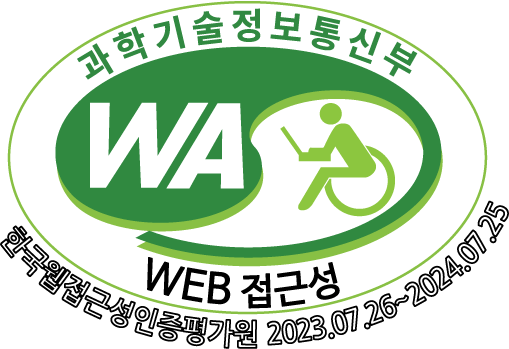관련자료
[UN일반] 제73차 총회 안보리 개혁에 관한 정부간 협상 1차회의(1.30) 발언문
- 부서명
- 유엔과
- 작성일
- 2019-01-30
- 조회수
- 3753
H.E. Ambassador Ham Sang-wook
Deputy Permanent Representative
Intergovernmental Negotiations on Security Council Reform
First Meeting/2nd Day
30 January 2019
<Check against Delivery>
Co-Chairs,
I would like to first show my sincere appreciation to you for convening today’s interactive session. While aligning myself with the statement made by Italy on behalf of the UfC group, I would like to briefly make the following points on questions 1 and 3.
Co-Chairs,
My delegation supports your proposal to dedicate particular meetings to the three clusters, namely regional representation, categories of membership and the question of veto. A large part of the different positions we identified in today and yesterday’s interventions were regarding these three clusters, and if we are to truly bridge the gaps and seek wider convergence among us, it is important to have in-depth discussions on the core areas of divergence.
In particular, my delegation sees great need to have further discussion on the question of veto. Over the 10 year period from 2007 to 2016, veto power was exercised 13 times at a rate of 1.3 times a year. However, over the last two years alone, Security Council resolutions were vetoed 9 times at a rate of 4.5 times a year. That is almost three times the trend of preceding 10 years.
This reflects a concerning sign that the current system of veto is increasingly one of the key roadblocks making it hard for the Council to carry out its primary mandate of maintaining international peace and security.
Co-Chairs,
In this connection, my delegation also believes that your proposal to dedicate a meeting on working methods of the Security Council is appropriate.
Over the last few years, the so-called ‘emergence of the E10’ was identified as a key trend, and this is yet another reality on the ground that proves the UfC’s proposal to expand non-permanent membership more relevant.
The increased activity and influence of E10 was possible with the dedication and hard work of the individual elected members, but the improved working methods including more open meetings, increased role of elected members in preparing resolutions, and Arria Formula meetings also had a positive influence.
I believe there is still ample room for improvement, but it shows us that improving the working methods is closely linked to other areas of Security Council reform.
Co-Chairs,
Before concluding, my delegation would like to emphasize the importance of prioritizing the formulation and distribution of the exact schedule and themes of intergovernmental negotiations for this 73rd Session at the earliest possible juncture.
By doing so, groups and Member States will have the necessary preparatory time to not only consult with their capitals and amongst themselves, but also hold critical informal consultations with other groups and Member States. This will enhance cooperation and encourage progress on narrowing the gaps with a view towards forging a durable solution with the widest possible acceptance. Thank you. /END/
- 메뉴담당부서
- 유엔과
- 전화
- 02-2100-7243


